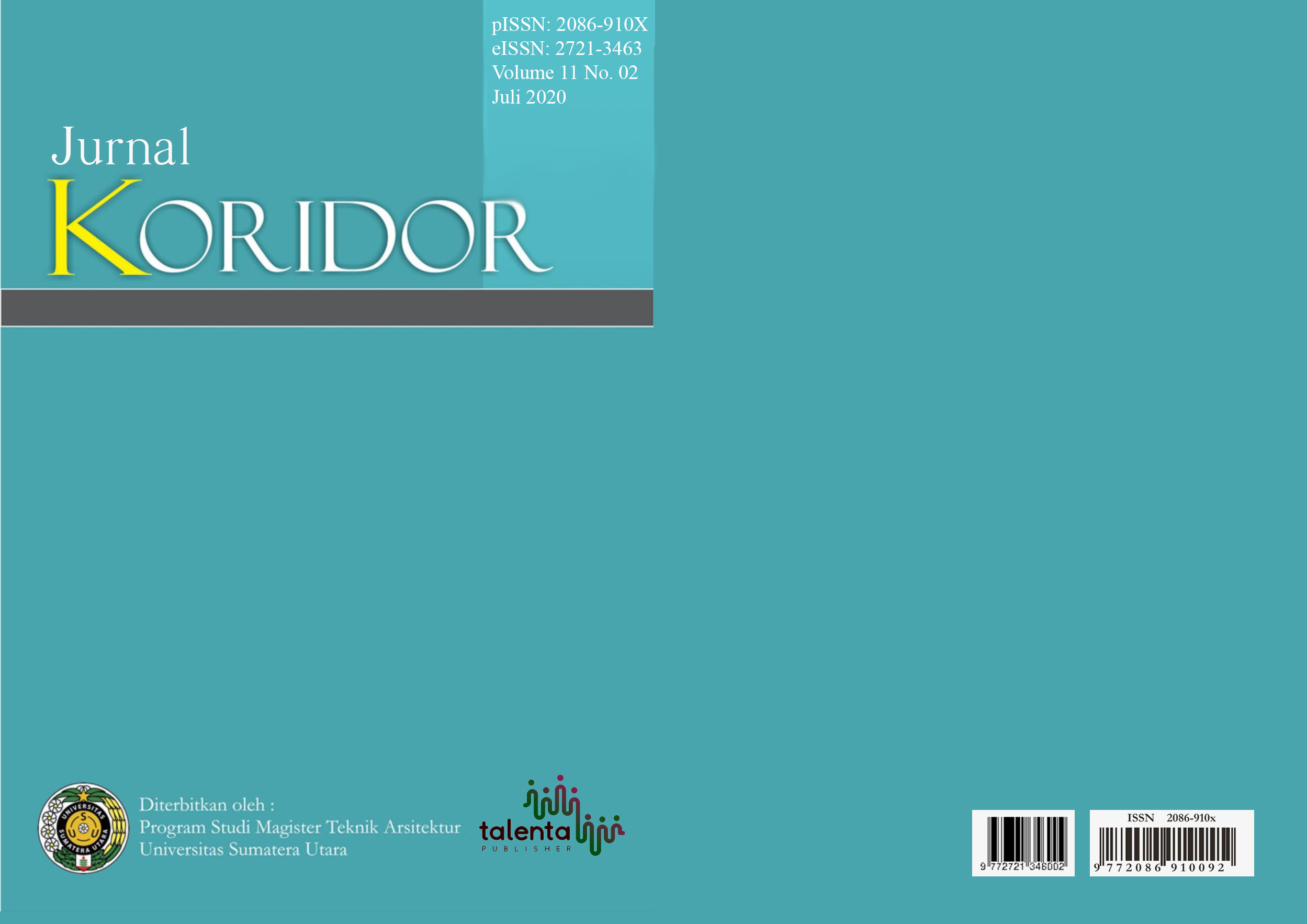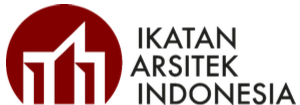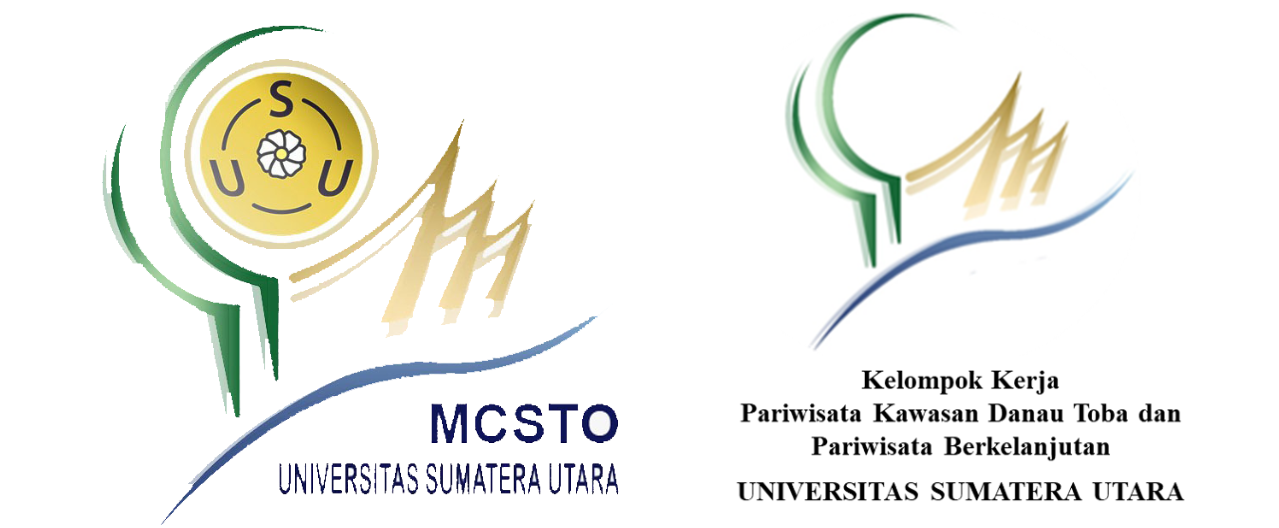Museum of Toba Caldera with Metaphore Architecture Approach
DOI:
https://doi.org/10.32734/koridor.v11i02.4567Keywords:
Intangible, Metaphore Architecture, Museum, Tongging, tourism.Abstract
Lake Toba was formed by a volcanic explosion called Mount Toba. It erupted three times, making the caldera with the crater beneath a lake and an address for natural attractions. The purpose of this study is to provide information on the history of Lake Toba visitors. So that tourists can see information at once on Lake Toba, supporting facilities such as museums are needed. The museum is a place of education and recreation, following the tourist area's context and making visitors not bored with monotonous education. Designing museum uses the Intangible Methapore theme, which starts from ideas, concepts, or human nature such as; individualism, communication, naturalism, tradition, and culture.
Downloads
References
N. Ginting, N. V. Rahman and G. Sembiring, "Tourism Development Based on Geopark in Bakkara Caldera Toba," Indonesia IOP Conference Series: Materials Science and Engineering, vol. 1, no. 180, 2017.
N. AZMAN and e. al., "Public education in heritage conservation for geopark community," Procedia-Social and Behavioral Sciences, no. 7, pp. 504-511, 2010.
D. Asmara, "Peran Museum Dalam Pembelajaran Sejarah. Kaganga," Jurnal Pendidikan Sejarah dan Riset Sosial Humaniora , vol. 2, no. 1, pp. 10-20, 2019.
G. I. Butnaru and A. Miller, "Conceptual approach on quality and theory of tourism services," Procedia Economics and Finance, no. 3, pp. 375-380, 2012.
N. Tomić, "The potential of Lazar Canyon (Serbia) as a Geotourism Destination," Inventory and Evaluation Geographica Pannonica, vol. 15, no. 3, pp. 103-112, 2011.
G. Broadbent, Sign, Symbol, and Architecture, New York: Jhon Willey & Sous Ltd, 1980.
P. Anggoro, U. Mustaqimah and T. Y. Iswati, "Penerapan Arsitektur Metafora Tangible Pada Bangunan Museum Batuan dan Mineral di Kebumen," SENTHONG, vol. 2, no. 1, pp. 31-40, 2019.
J. Pujowati, "SOLO SCI_TECH EXHIBITION CENTRE Dengan Penekanan Arsitektur Metafora," Surakarta, 2010.
A. Harmanta and H. Lukmanul, "Penerapan Konsep Metafora Pada Desain Bangunan Sport Club," Jurnal Arsitektur Purwarupa, vol. 3, no. 1, 2019.
UNESCO, Global Geopark, 2006.
N. Zouros, K. Fassoulas and H. Valiakos, "European Geopark Network and Geotourism," Επιστημονική ΕπετηÏίδα του Τμήματος Γεωλογίας (ΑΠΘ), vol. 1/2, no. 39, pp. 423-424, 2010.
Z. Bujdosó, L. Dávid, Z. Wéber and A. Tenk, "Utilization of Geoheritage in Tourism Development," Procedia-Social and Behavioral Sciences, no. 188, pp. 316-324, v.
P. M. Ngwira, Geotourism and Geoparks; Africa’s Current Prospects foSustainable Rural Development and Poverty Alleviation in From Geoheritage to Geoparks: Case Studies from Africa and Beyond, Switzerland: Springer International Publishing, 2015.
M. Hidayat, "Strategi Perencanaan dan Pengembangan Objek Wisata (Studi Kasus Pantai Pangandaran Kabupaten Ciamis Jawa Barat)," Tourism & Hospitality Essentials (THE) Journal, vol. 1, no. 1, pp. 33-44, 2016.
R. Hadiyanti and H. A, "Perancangan Museum Seni dan Musik Interaksi Berbasis Perilaku Belajar," JURNAL SAINS DAN SENI ITS, vol. 7, no. 2, pp. 15-16, 2018.












